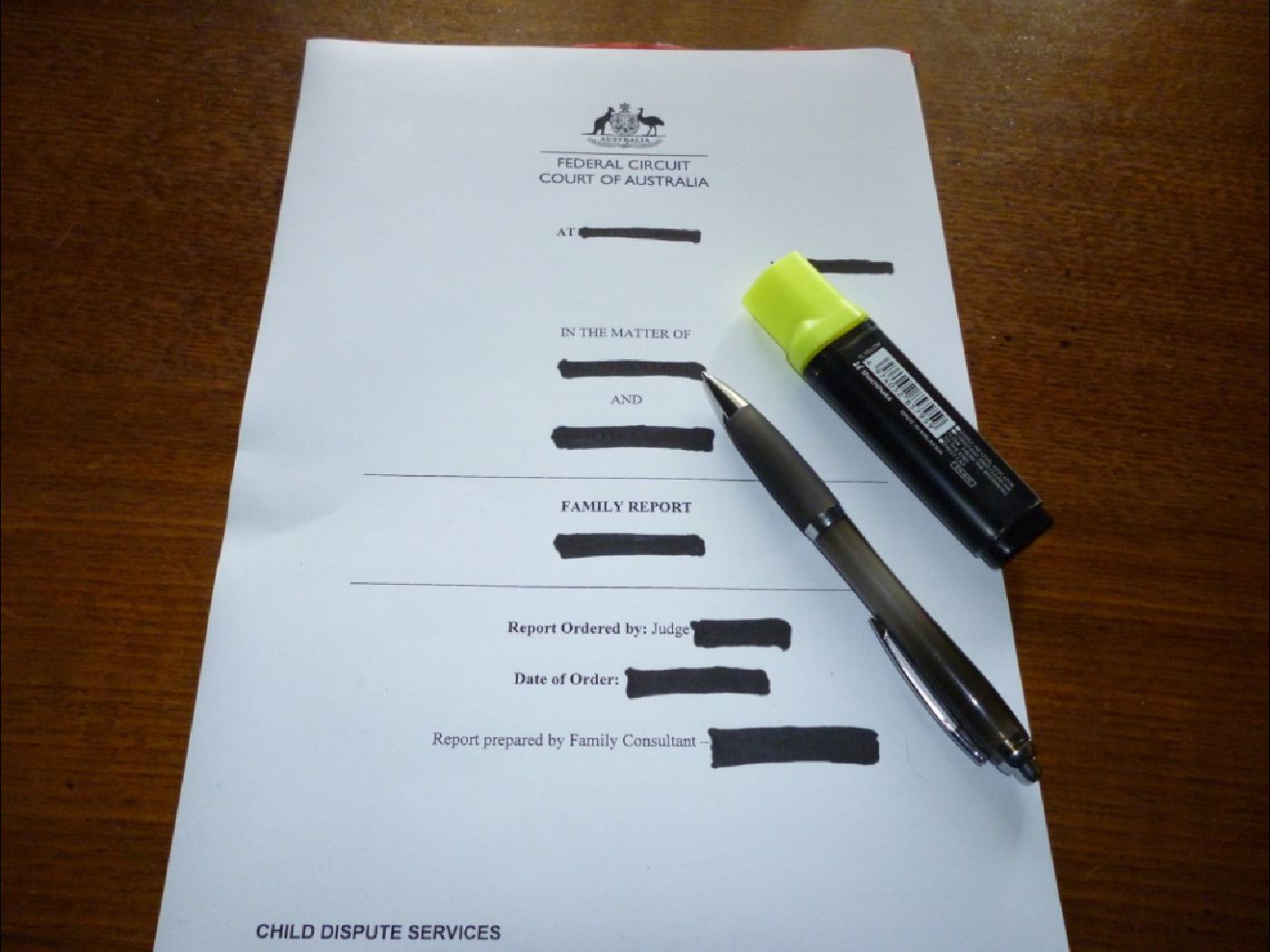The starting point continues to be that “In deciding whether to make a particular parenting order in relation to a child, a court must regard the best interests of the child as the paramount consideration.”
However, the context and stated objects of the law have changed. Previously, the stated objectives in the Family Law Act were to ensure that children had “meaningful involvement” with both parents, as far as was possible, to protect children from harm, to ensure that children received adequate and proper parenting and to ensure that parents fulfilled their duties etc concerning the children.
In many ways, the old law emphasised the role of parents. This was often [mis]interpreted as giving parents rights over their children. There were a series of legal presumptions including that, if parents were to have joint responsibility for the children, then equal time or if that was not practicable, substantial time had to be seriously considered. Again this was often [wrongly] interpreted by some as there being a “50/50” rule for how much time each parent had with the children.
Too often, we would see cases that were really about the parents and not about the children.
The new provisions set out two objectives that place children at the very centre of consideration. These objectives, set out in the new S60B, are:
“(a) to ensure that the best interests of children are met, including by ensuring their safety; and
(b) to give effect to the Convention on the Rights of the Child done at New York on 20 November 1989.”
No mention at all of parents, further emphasising the centrality of the children.
There is also a new checklist of factors that a court must take into account (and which parents trying to reach agreement should take into account) in determining the best interests of each child in each particular case. Set out in the new S60CC(2), these are:
a) what arrangements would promote the safety (including safety from being subjected to, or exposed to, family violence, abuse, neglect, or other harm) of the child and each person who has care of the child
b) Any views expressed by the child;
c) the developmental, psychological, emotional and cultural needs of the child;
d) the capacity of each person who has or is proposed to have parental responsibility for the child to provide for the child's developmental, psychological, emotional and cultural needs;
e) the benefit to the child of being able to have a relationship with the child's parents, and other people who are significant to the child, where it is safe to do so;
f) anything else that is relevant to the particular circumstances of the child.
The need to protect children from family violence is also highlighted in the new provisions.
The court must consider any history of family violence, abuse or neglect involving the child or a person caring for the child and any family violence order that applies or has applied to the child or a member of the child’s family.
Although there are fewer references to parents and parental rights, many of the factors set out in the legislation will self-evidently involve consideration of the parents, in most families. For example, in most cases it would be argued that living with one parent and spending significant time with the other parent, or some other form of shared arrangement, would:
• promote the safety of the child,
• accord with the child's wishes,
• best meet the developmental, psychological, emotional and cultural needs of the child
And that
• the parents have the capacity to provide for those needs,
• it would benefit the child to maintain those relationships.
The difference is that, in the rare cases where it is questionable whether one or either parent is a suitable carer for the child, the legislation no longer starts with presumptions that parents are best but starts with the need to ensure the safety and best interests of the child.
It is refreshing to see the parliament putting the emphasis on children and their protection, safety and wellbeing at the centre of decision-making about them. However, while these changes are legally significant, it is not clear how much they will change the results in many cases.
It is the pathway to reaching decisions will be very different.
Photo by Priscilla Du Preez 🇨🇦 on Unsplash.


